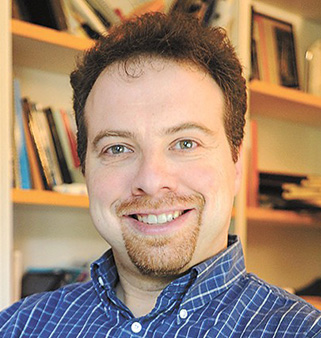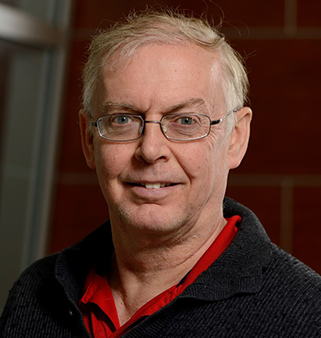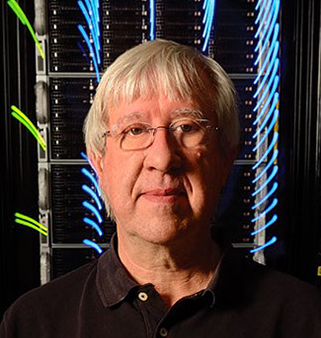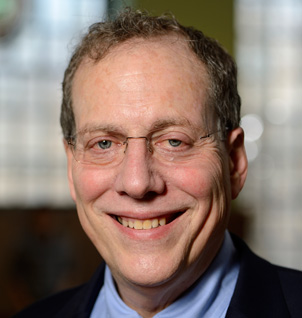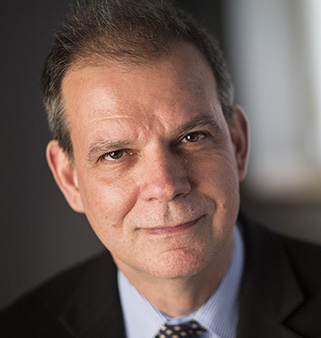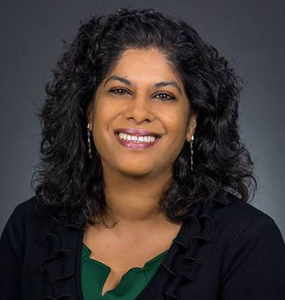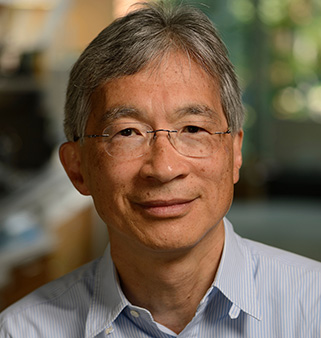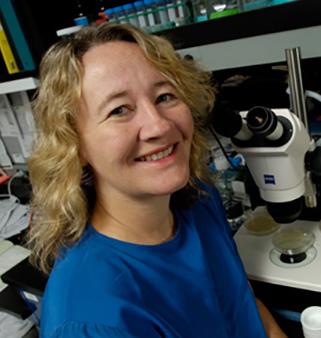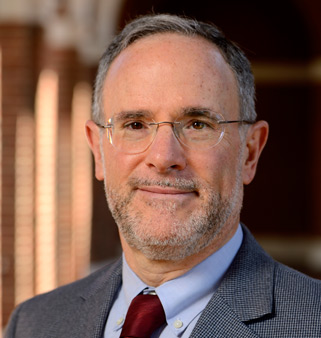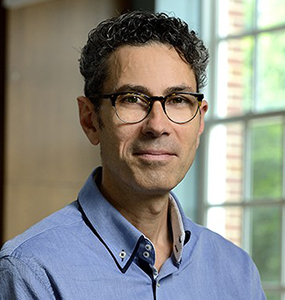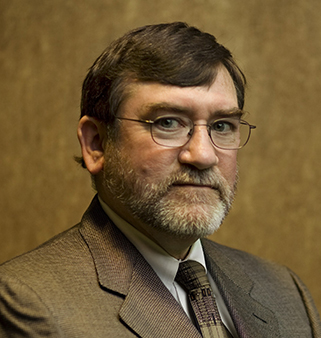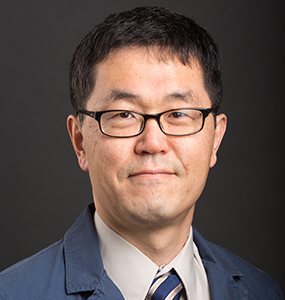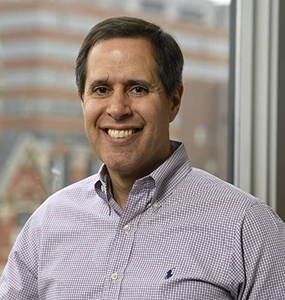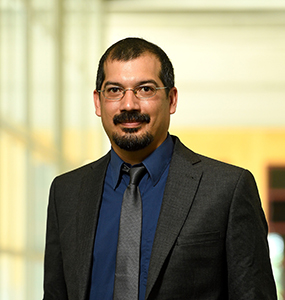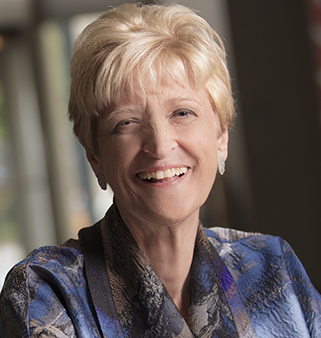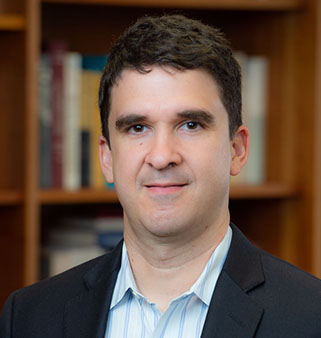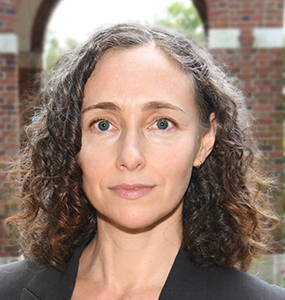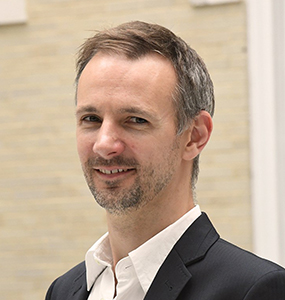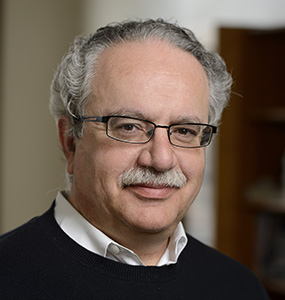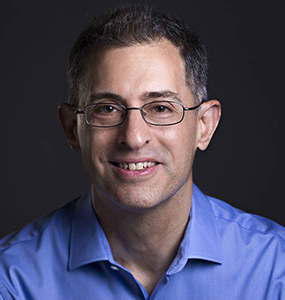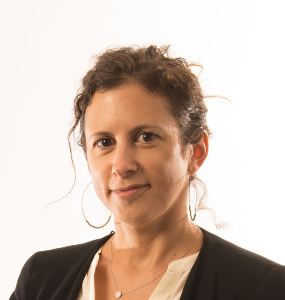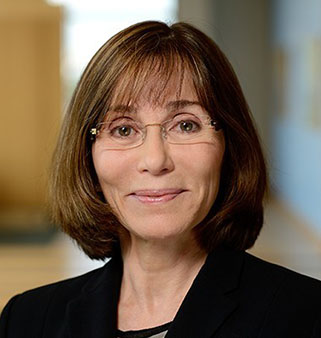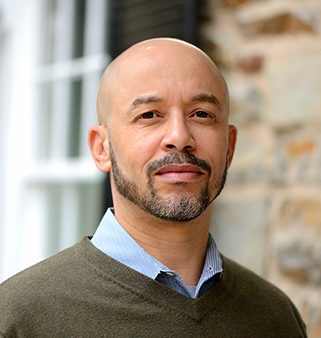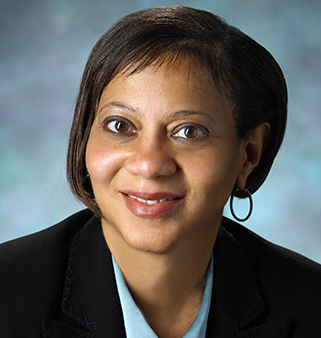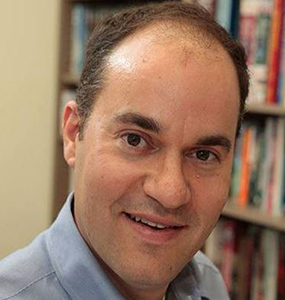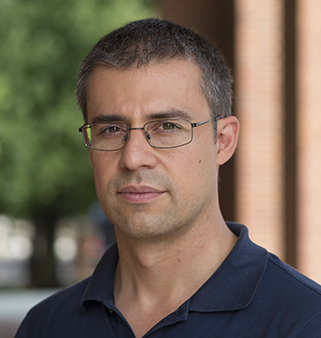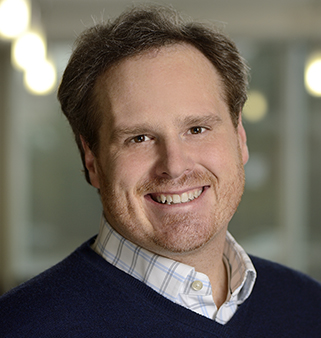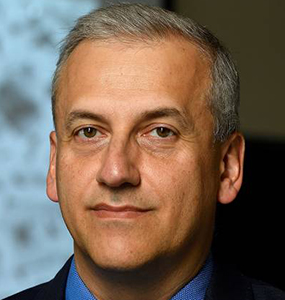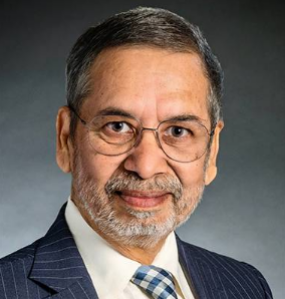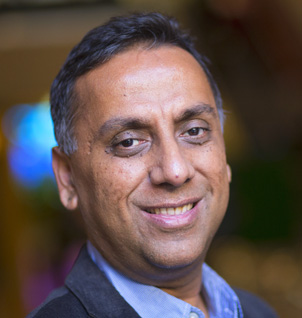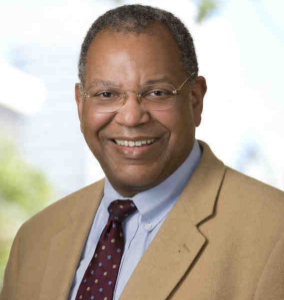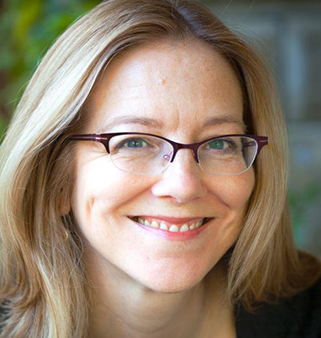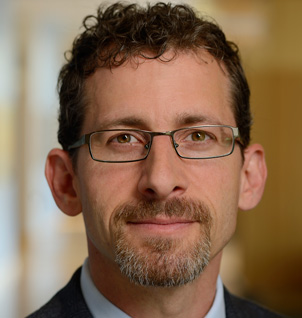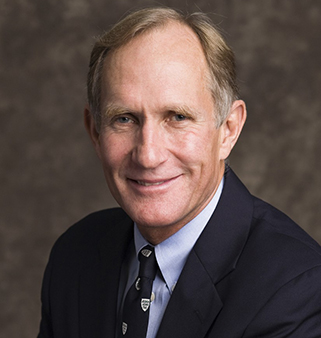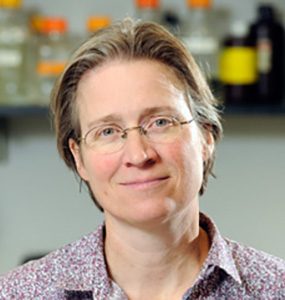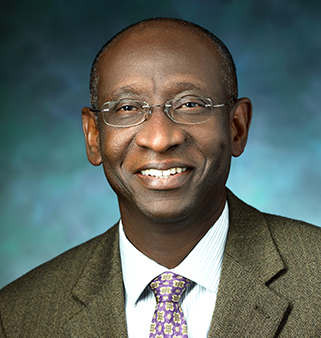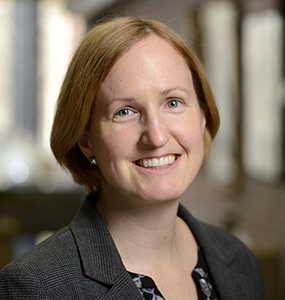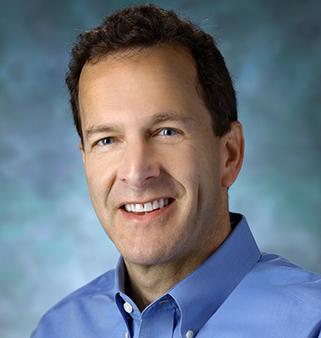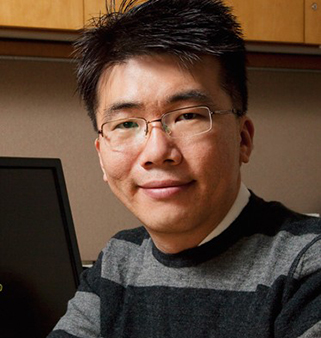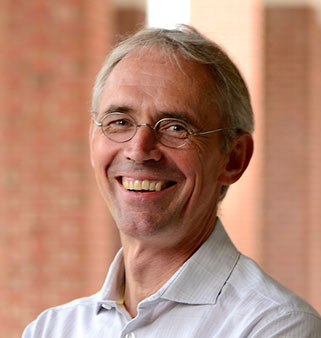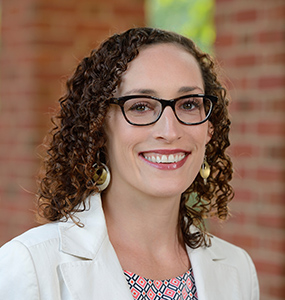==========
Yuille is a mathematician and computer scientist studying the biology of vision. His research has been focused on the development of computational models for vision, development of mathematical models to explain cognition, artificial intelligence and neural networks in which he is now a world reference.
He is developing mathematical models of vision and cognition that allow us to build computers that, when given images or videos, can reconstruct the 3D structure of a scene. These models also serve as computational models of biological vision which can be tested by behavioral, invasive, and non-invasive techniques.
His work reaches across the computer vision, vision science, and neuroscience communities at Johns Hopkins, particularly in the schools of Arts and Sciences and Engineering.
=========
Daeyeol Lee started out his higher education, in Seoul, by studying economics. Some 20 years later, we was known as one of the world’s leading neuroscientists. To bridge those two points, Lee found ways to blend principles of both disciplines — and others — to investigate the brain’s ability to make decisions.
Lee is known to many as a forefather of a niche field that’s blossomed in the past 15 years called “neuroeconomics,” which integrates not only the two disciplines it’s named for but also tools from artificial intelligence, psychology, and other areas.
After 12 years at Yale University, Lee joined Johns Hopkins University as a Bloomberg Distinguished Professor. He works primarily within the Krieger Mind/Brain Institute, and teaches neuroscience courses at the School of Medicine and the Krieger School of Arts and Sciences.
==============
Filipe Campante Developed democracies have formal systems of checks and balances to constrain officials—think of Congress or the courts in the U.S., Campante says. In developing countries, nonestablished democracies, or autocracies, leaders are kept in check by cultural norms, the media, or people protesting in the streets.
But lately, Campante says, when it comes to traditional thinking about how leaders get away with abuses of power, the lines are increasingly blurry.
“I think that these formal checks and balances aren’t as strong as we thought, even in developed democracies,” Campante says. “I think that’s a big lesson from the last couple of years. Not just in the U.S., but very much so in the U.S.”e
